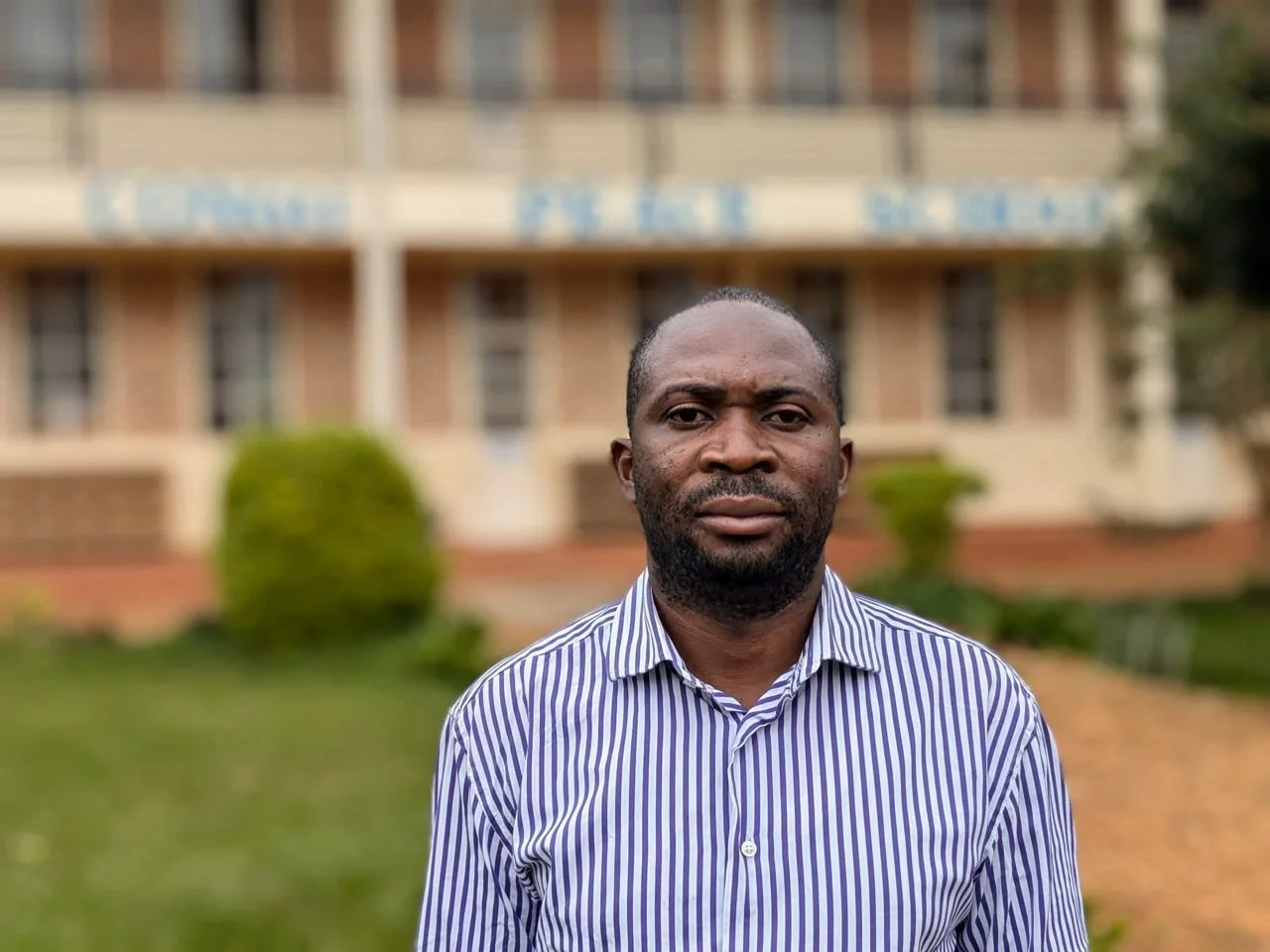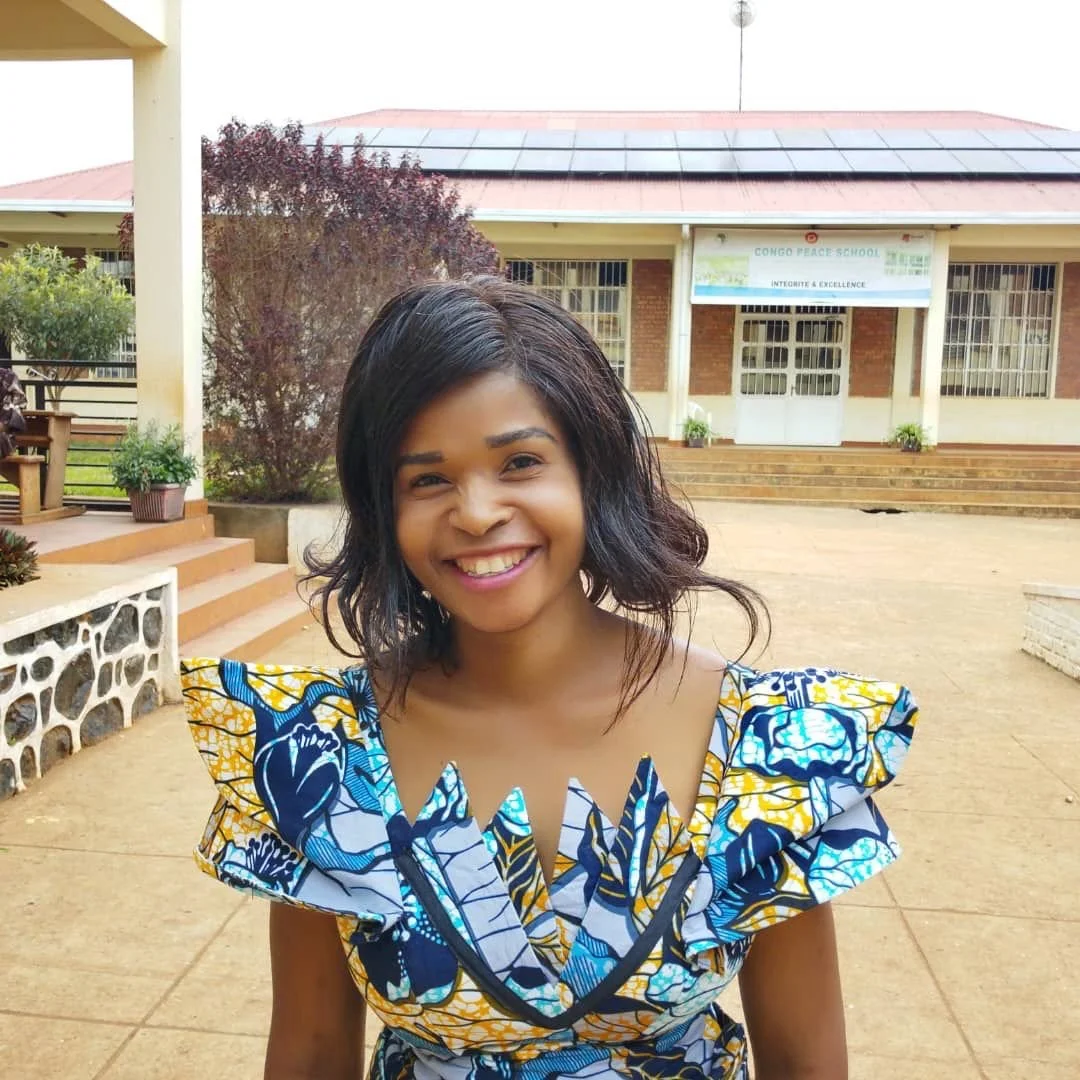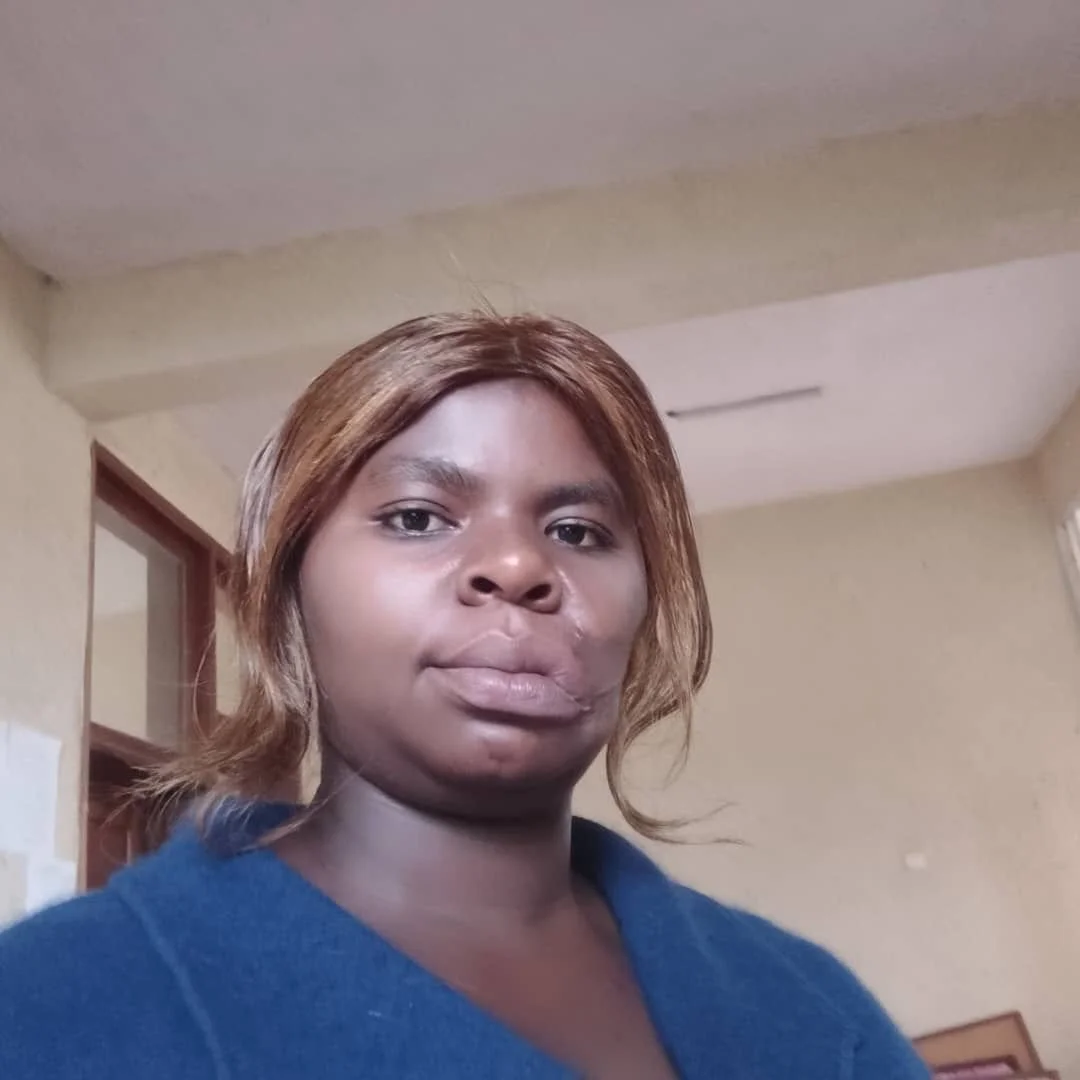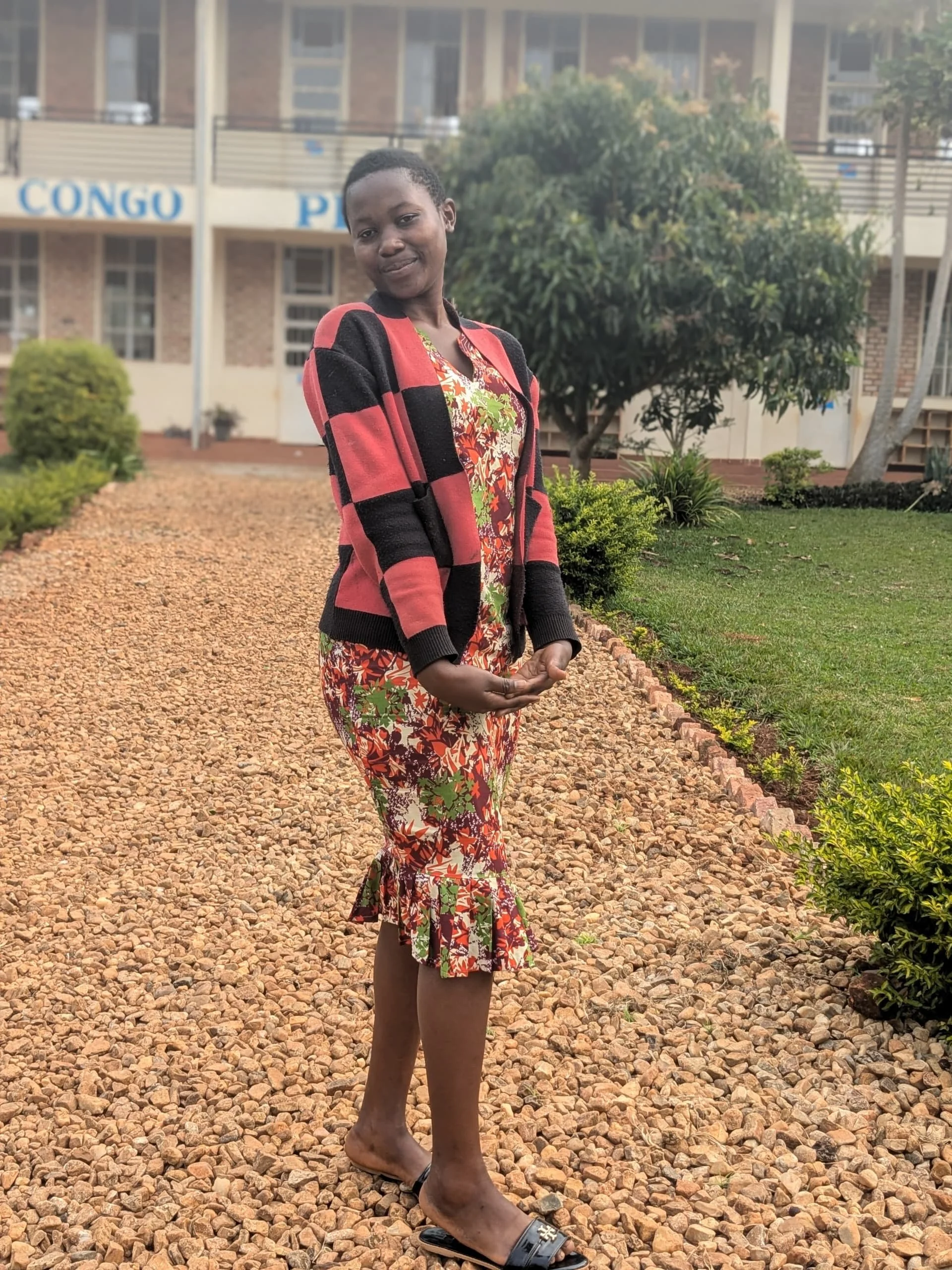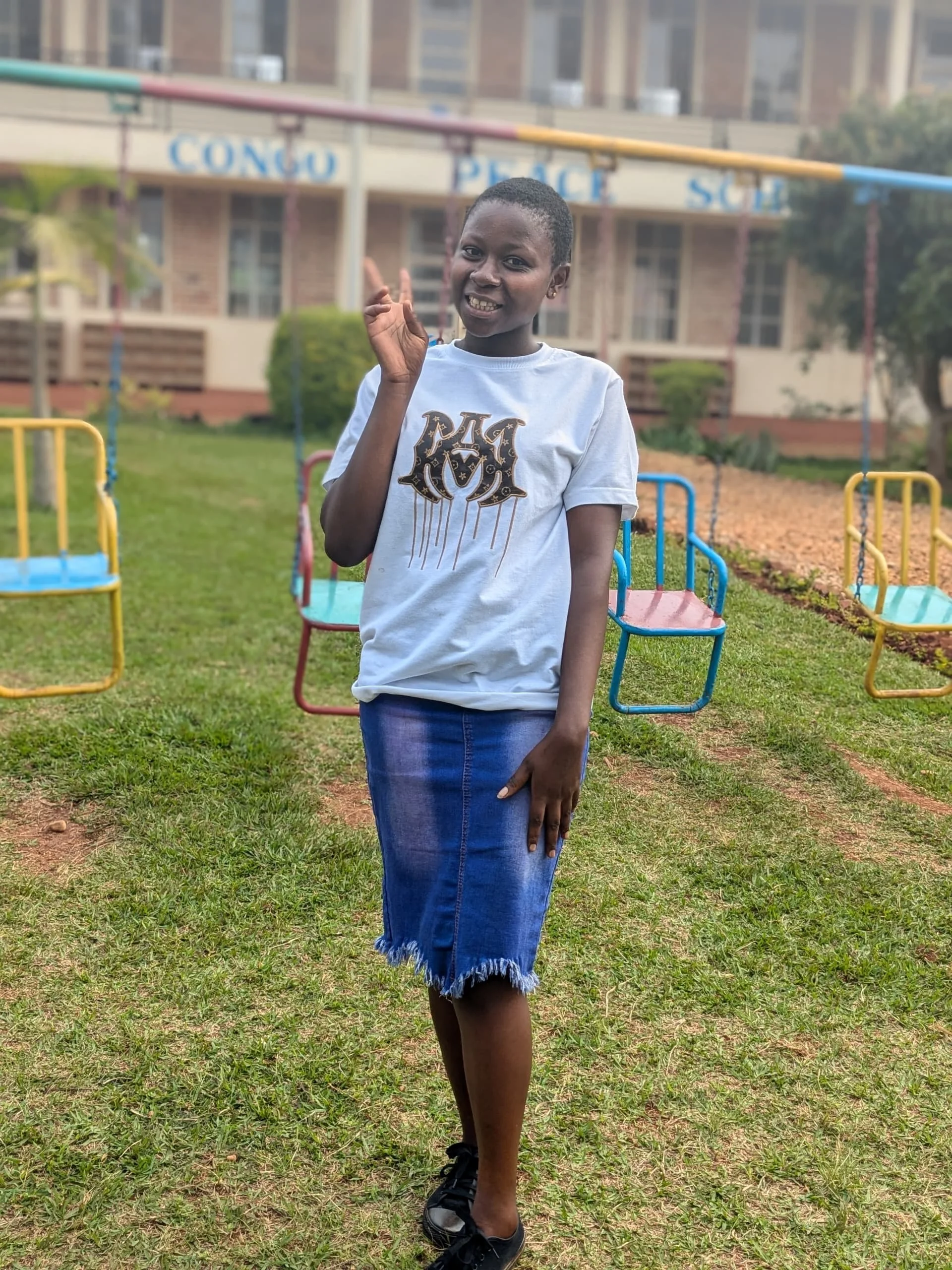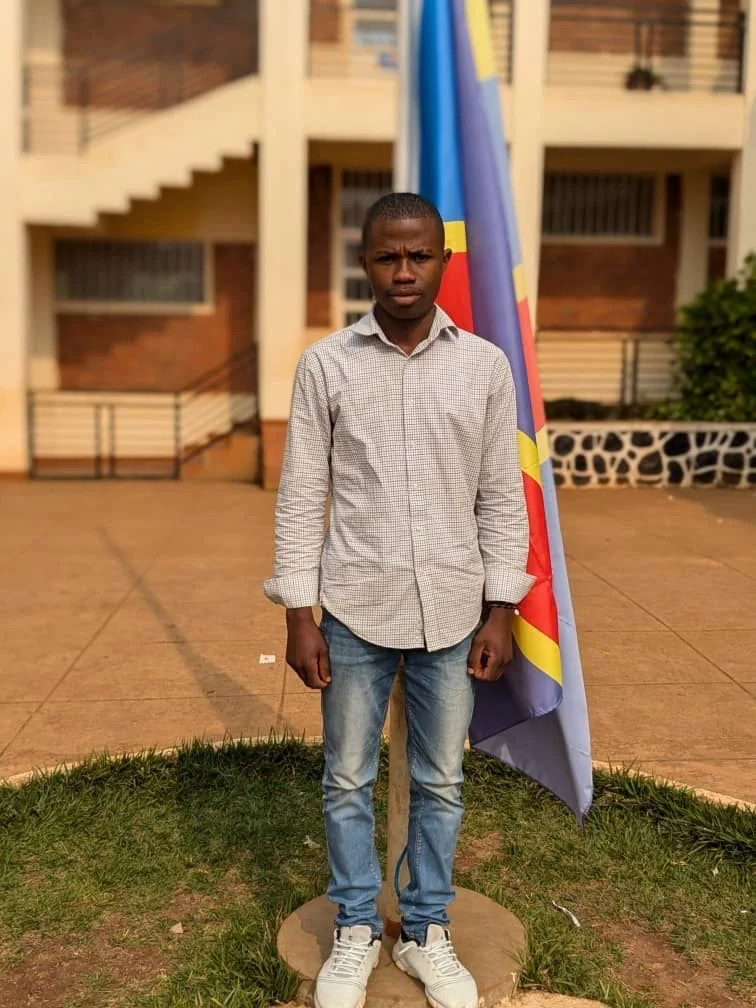I’ve been thinking a lot lately about a conversation I had with a friend, how our brains and our nervous systems are not meant to take in the entirety of the world’s suffering. How our connection via the internet, the very connection that allows us to alleviate some of that suffering through direct support, threatens to overwhelm us to the point of inaction. Thinking, it’s all too much, how can I possibly make a difference?
I’m here to tell you what you already know: things are atrocious in many parts of the globe right now. And maybe what you haven’t heard, that the eastern part of DRC has not improved with the various peace agreements and processes, and the most vulnerable amongst us, children and women, are suffering the worst of it.
I’m also here to tell you that you are making a difference, and it’s significant.
The UN Security Council held an emergency meeting Friday, August 22, to address the ongoing attacks on civilians in eastern Congo. From the report on that meeting, the UN writes “the DRC is currently facing one of the most acute humanitarian emergencies in the world, with food insecurity on the rise and 5.9 million Congolese currently internally displaced.”
In our small corner of Congo, with your financial support, we are feeding children who might otherwise die from malnutrition. It’s that stark, and it’s that hopeful. Girls are safely inside the walls of the campus, the safe place protecting them against the rise in rape as a weapon of war. Boys are safely going to school, kids who might otherwise be kidnapped and forced into being soldiers.
Below, you’ll hear from some of the Congo Peace School staff and students, as well as from some of the community members and internally displaced people (IDP) who are finding a safe place to live near the school, and receiving support from the community you are a part of, no matter how many miles away from the physical campus you may live.
“I was so impressed by the quality of the services the students are getting at the Congo Peace School. The day we received food and necessities was a new hope for me, even if we don’t know when we will go back to our community and restart our lives there.”
–Cecile, mother of five children, who fled fighting near her home.
With your daily dose of reality, we want to add a dash of hope. Investing in the daily lives and nutrition and healing of the students and staff and their families and communities through the Congo Peace School and our emergency assistance fund is a tangible way to create the world we want to see in our lifetime. A world in which people have good, healthy food. Where people are educated, no matter their sex, gender, ethnicity, income level, or any other factor than being human. Where kids and adults are healing their trauma so they don’t transfer it to other people.
It is summer at the Congo Peace School [CPS], and the new year is scheduled to begin September 1. During the last months of the school year, that ended in early July, we are thankful the school remained open, a safe place for learning, albeit a much-altered schedule, with students leaving shortly after classes, no longer able to hang out and enjoy the library, the computer lab, as it was safer to return home immediately.
We are also thrilled to announce that the Congo Peace School was a Primary School National Examination Center, and four schools sent their elementary school sixth grade students to the campus to take their exams. Local authorities in the education sector praised the campus for its offering of clean running water, toilets, as well as for its physical protection for children in school settings, especially during this moment of armed violence. The elementary school 6th graders took their national exams on July 1st and 2nd, and the CPS had 100% of success with very high scores: the top student scored 86% and the last scored 61%. (These ratings are very different from our U.S. understanding, and many other schools’ students’ top results did not reach 61%.)
Déo, the Congo Peace School Principal
Déo, the CPS Secondary School Principal, shares how the Congo Peace School remained open most of the school year, when so many other schools shuttered for weeks due to the war.
“We have been shutting down only based on security assessment with our senior larger management team with guidance of the school founder, Amani Matabaro, who has experience with issues such as international humanitarian law, human rights, human and personnel security, and humanitarian ethics—it is not easy trying to manage all of these issues at this time.”
The Peace School posted banners with the information that read: “Schools, hospitals, and places of worship must be protected even during wartime. It is an obligation of international humanitarian law” both inside the campus and on the outside wall for anyone passing to read.
Deo continued, “This war deeply disrupted us at the school and community levels, but we have been learning many lessons from it, including the resilience mechanism that we are developing each day. For example, every day before going to school we have to find out about the security situation in the area. There are many questions to ask: Is it safe to walk to school? Are the teachers and students safe? Is the school safe? And even when we would begin the school day, we were not sure how it would end. Such uncertainty creates constant fear because of the ongoing insecurity in the region.
“With the students, despite sometimes hearing gunfire from some corners of the campus, we had to remain courageous. We always tried to understand the situation before making decisions: either to let the students and staff leave school and return home before the usual time, or to keep them in class until the end of the day. The wall around the school has been very helpful in terms of child protection during these difficult moments.
Lydie, Congo Peace School Primary School Principal
Lydie, the Primary School Principal shared a story that in June, “some students from Nyangezi and its neighborhood were caught in a situation whereby the area became a battlefield between the M23 and the Wazalendo. They were fighting almost every day and three teachers under my supervision in the elementary school level came to me to ask what they should do with the students from Nyangezi who were not attending school while the others were taking quizzes and exams. My feedback to them was clear, I asked to refer to our principles and beliefs: ‘Every child, every student can succeed as long as they are given a chance.’
“Now that this ongoing violence is stealing and shutting down the power of the dreams of these many children, our role is to stand up for the kids and support them. Those who have missed classes and homework, quizzes and exams, let’s give them time to catch up and no one should be left behind. Everyone was welcomed back to school when it was safe to come.”
Pascaline, Third Grade Elementary Teacher
Pascaline is now a 3rd grade teacher. Before the war, she survived an attack by gunmen while traveling on the road to Bukavu.
Pascaline shared, “I am teaching the principles of nonviolence but to be honest it is challenging to teach about peace and nonviolence in the middle of violent armed conflicts. I am currently teaching the principle: Nonviolence seeks to defeat injustice and not people. Nonviolence recognizes that evil doers are also victims and are not evil people. I have been giving examples [to the students] that even these people committing the violence [in this war] are also victims of the same injustice and violence they are creating, because they are killing and they are also dying. This illustrates how nonviolence is beneficial to everyone and violence is against everyone, but at different extents and levels.”
STUDENTS
Marie Muderhwa, 17 years old, 5th grade of secondary school (Female), will be a senior in September.
“In July, I worked hard so that I would succeed in all my final school year exams. We’ve been confronted with difficulties of war and this school year has been very challenging, but no matter what, I have to succeed. Even if the war continues, I will not give up my dream to become either a medical doctor or a social worker and work with the communities to tell people about behavior change and engagement, how we can participate in the change our country needs.
“I can’t wait to see my dreams achieved. As the school year closed, I’m excited to stay home and not walk to school because of the distance, especially during these moments when attacks by armed people are happening any time. I hope staying home minimizes the risks of seeing the armed people. One worry I have is how I will get enough food. I live with my grandmother, and she has nobody to help us get food. The school is a reliable source for me to get food.
“It is so unfortunate that the minerals which could be used to create wealth for the country are at the center of this ongoing violence and consequently masses of people have been getting killed every day. This war between the M23 rebels against the Armed Forces of the Democratic Republic of Congo and the Wazalendo should stop. We have no power to end this war, but we just pray to God that the two sides come to an agreement and that peace returns to our country.
“Nothing has brought me joy during this period of war except when I meet my schoolmates alive every morning. My family was attacked by unknown armed people; they traumatized us. Another source of joy for me was taking my exams to close the school year.”
Iragi Mwaka, 18 years old, 5th year of Secondary (female), a senior in September
“I am excited about my internship at the Nyantende Health Center, and after my internship, to be in the 6th year of secondary which is the last year in secondary school.
“This year, I’ve grown in my knowledge compared to previous years, not only improving my social techniques skills (social work) but also how to behave during war, how to take care of my personal safety. Before, I had no confidence in myself, I was afraid to speak in public, but I'm trying to do so.
“Nothing brought me joy during this period of war except still being alive, and completing this school year, which looks to be a miracle for us.”
Bakonkwa Balolebwami Clément, 18 years old, 5th year of secondary (senior in September)
“I was expecting the war to end with the signing of different representatives, but unfortunately the reality on the ground is extremely different. I will make sure to put into practice the safety protocol that we learned from school. I will continue building community with my schoolmates. We will lead discussions about different subjects learned in class.
“As of the ongoing war, it is very clear that the critical minerals of the Democratic Republic of Congo are at the center of the war, they are the main reason of the war. We have learned that Congo’s neighboring countries and many other superpowers need the minerals from Congo for the world’s technology. Our teachers advised us to be careful about our safety at home to and from school.
“What made me happy in the middle of this war is the fact that we continued getting all the necessary support at school, we have continued being fed, get primary health care and that is particular and will never forget it in my life. And the courage of our teachers really made me so happy.”
COMMUNITY MEMBERS
When the war started, many supporters of Action Kivu asked how, in addition to their support of the ongoing projects, also directly provide for those at risk of starvation / extreme malnutrition due to the war. We received funds for Emergency Aid, and want to share some of the impact that funding made in the lives of those most in need:
Cecile Tantine, 40, the mother of five children who are all internally displaced, unable to return home, continued,
“Peace is all we need, the mission of this organization is very important, especially teaching children and the community about peace and nonviolence in these times of war. The entire country needs to learn about peace and nonviolence.”
Marcelle Esther:
“I am 48 years old. Before the food distribution, I had no connection with ABFEC. I was in serious trouble and was forced to flee my community. I am currently internally displaced here in Mumosho, I had nobody in this new community. I heard there was a school feeding the children and taking care of the community and we approached the school to tell them about our children and the food issues we were facing. A few days later, we were invited to the Congo Peace School. We got huge support getting food and necessities, and we ask God to bless the Congo Peace School and whoever supports all the programs they do and that this won't be the last time they care about other people in difficulty. I have seven children, only three are in school.”
Alphoncine Cikwabi:
“I'm 73 years old. I discovered this amazing organization on the day of the food and necessities distribution. I really like the Congo Peace School. I no longer have children in the age of going to school but I’d like to recommend everyone to have their children enrolled in such a program, and I hope my grandchildren will come and study here. The quantity of rice, beans, oil, soap, and cooking salt I received lasted me for almost a month.”
Vumilia Francine:
“I am 33 years old. My husband was a soldier. They were dispersed by the rebels and I haven’t heard from him, his phone is off, I’m not sure if he is alive or dead, and that's how we were abandoned. We've been here in Mumosho for five months now. We've been well received here. I didn't know ABFEC*, but this organization has been helping us a lot. I might even want to stay here in Mumosho after the war to send my children to the Congo Peace School if my there is space for them to be enrolled. I have four children; out of three who were studying, only one finished the school year. (*ABFEC is our Founding Director Amani Matabaro’s Congolese nonprofit.)
“I would like to recommend all organizations and schools to follow the example of the Congo Peace School, teach people about peace and nonviolence, it is the only way everyone will know the importance of peace education and there will be no more violence and people will stop killing each other.”
· Read the statement on the Citizen Barometer of Peace and Security that was created for the special attention of the members of the United Nations Security Council ahead of the August 22 meeting from Pamoja kwa Amani (Together in Peace) Consortium, C-PKA / with the support of PAEMA.
We are deeply grateful for your partnership in providing education, food, and healing resources for the most vulnerable amongst us. Thank you.
HELP US MAKE A DEEPER AND BIGGER IMPACT:
SHARE THIS POST WITH OTHERS
DONATE TODAY and partner with us in peace building and trauma healing.

